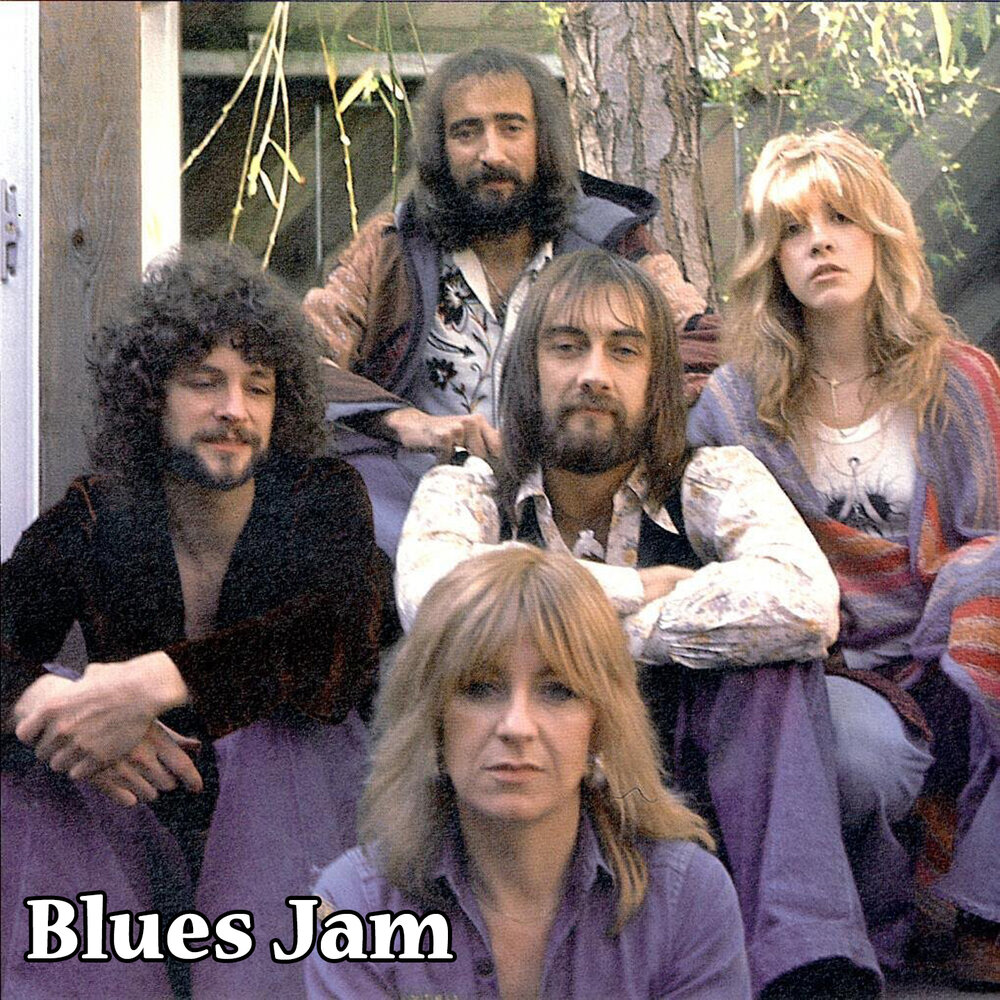
The Timeless Echoes of Desire and Solitude
When one dives into the immersive world of Fleetwood Mac, it is impossible not to be swept away by the sheer emotional depth and musical brilliance that this iconic band has delivered over the decades. Among their remarkable discography, the song “Big Love” stands as a compelling testament to the band’s ability to weave intricate stories of human experience through sound. Released in 1987 as the lead single from their critically acclaimed album “Tango in the Night,” “Big Love” is more than just a song; it’s a poignant exploration of longing, ambition, and the solitude that can linger in the shadows of success.
Upon its release, “Big Love” quickly ascended the music charts, marking its presence as a formidable force. It peaked at number 5 on the Billboard Hot 100 in the United States and became a top 10 hit in several other countries, including the UK and Canada. This commercial success was matched by critical acclaim, with many praising its innovative production and introspective lyrics. The song’s unique blend of rock with elements of pop and new wave was emblematic of Fleetwood Mac’s evolving sound during the late 1980s, a period marked by both artistic triumphs and personal tumult within the band.
The story behind “Big Love” is as fascinating as its chart performance. Originally conceived by Lindsey Buckingham, who served as both the chief architect and lone vocalist for this track, “Big Love” was intended for his third solo album. However, as fate would have it, the song found its rightful home within the collective tapestry of Fleetwood Mac’s work. This decision not only shaped the band’s future but also cemented Buckingham’s reputation as a visionary artist capable of channeling his inner turmoil into universally resonant music.
At its core, “Big Love” is an exploration of desire—not just romantic yearning but also an insatiable quest for meaning and connection amidst life’s chaos. The lyrics hint at a duality between craving intimacy and embracing solitude, encapsulated by lines such as “Looking out for love / In the night so still.” This juxtaposition captures a profound sense of vulnerability, reflecting Buckingham’s own struggles with fame and personal relationships during this era.
The production of “Big Love” is equally noteworthy, featuring innovative techniques that were groundbreaking for their time. The track is characterized by its distinctive guitar riff—a masterful interplay of rhythm and melody that creates an almost hypnotic effect. What’s particularly intriguing is Buckingham’s use of vocal layering; he employs a self-styled call-and-response technique where his lead vocals are echoed by what seems to be another voice, yet it’s all him. This clever production choice adds layers to the song’s narrative, emphasizing the internal dialogue between desire and restraint.
For fans and newcomers alike, listening to “Big Love” is an invitation to reflect on their own experiences with love and ambition. It resonates on multiple levels—evoking memories of past relationships, moments of introspection, or even dreams unfulfilled yet persistently pursued. The song serves as a mirror, reflecting our deepest yearnings while also challenging us to confront the spaces where we find ourselves alone.
As we revisit “Big Love,” it’s impossible not to feel a sense of nostalgia for an era when music was both a personal refuge and a shared cultural touchstone. For many older listeners, Fleetwood Mac’s soundtracks hold cherished memories—of youthful romances, long drives with friends, or quiet moments spent pondering life’s mysteries. Each listen brings forth new insights, reminding us why these melodies continue to endure across generations.
In conclusion, Fleetwood Mac’s “Big Love” remains a timeless piece within their illustrious catalog—a song that speaks to universal themes through its rich tapestry of sound and emotion. Whether experienced anew or recalled fondly from past listenings, it stands as a powerful reminder of music’s ability to articulate our most complex feelings with grace and poignancy.
